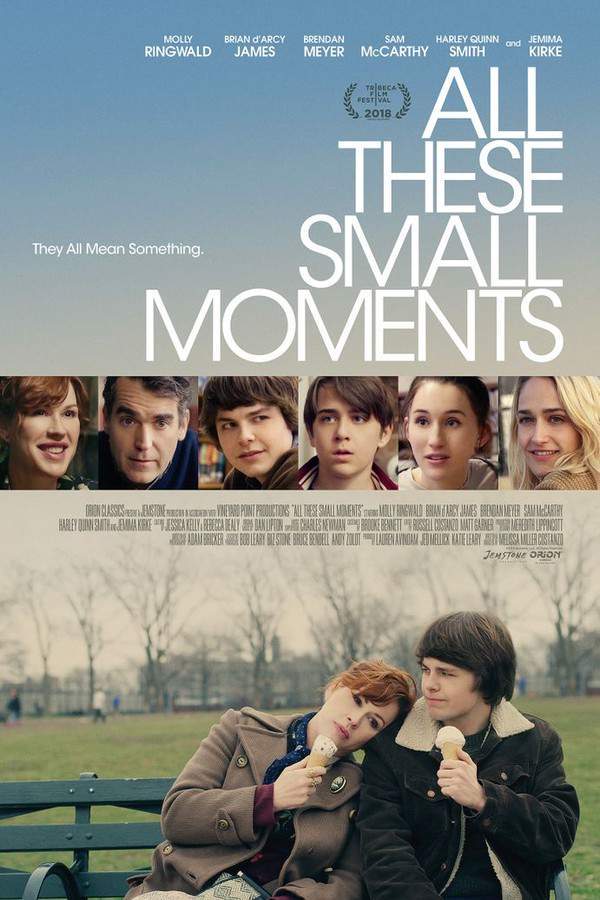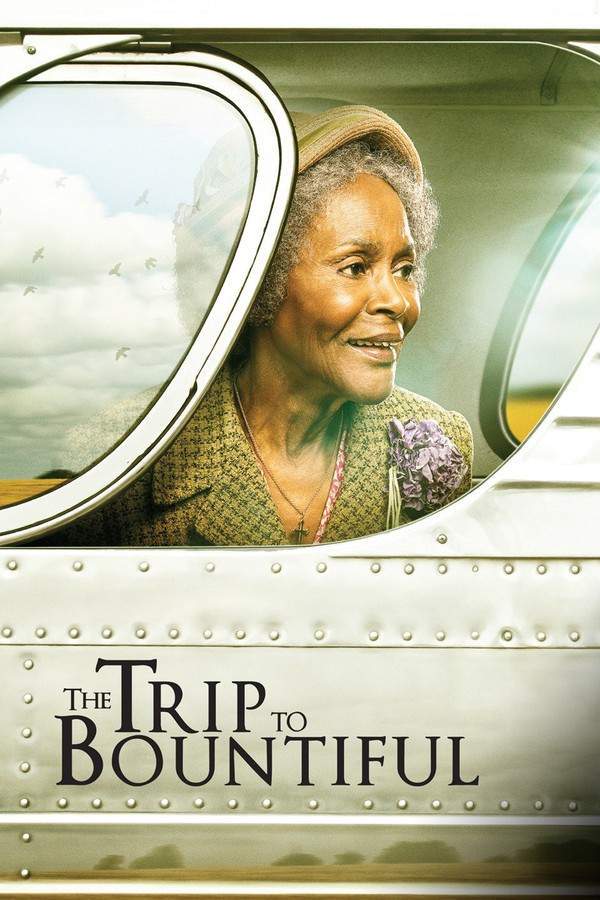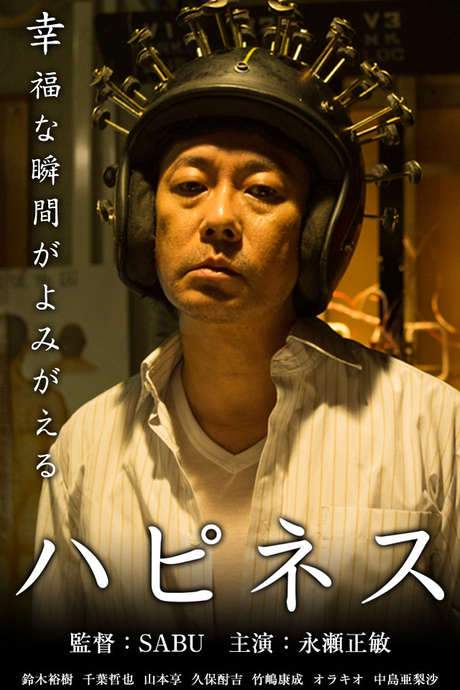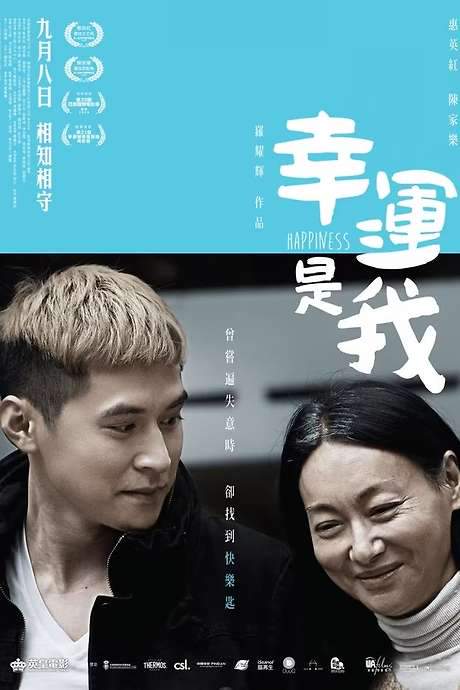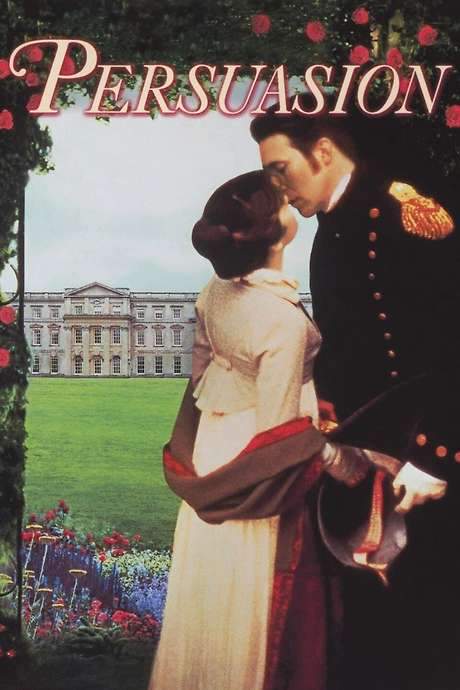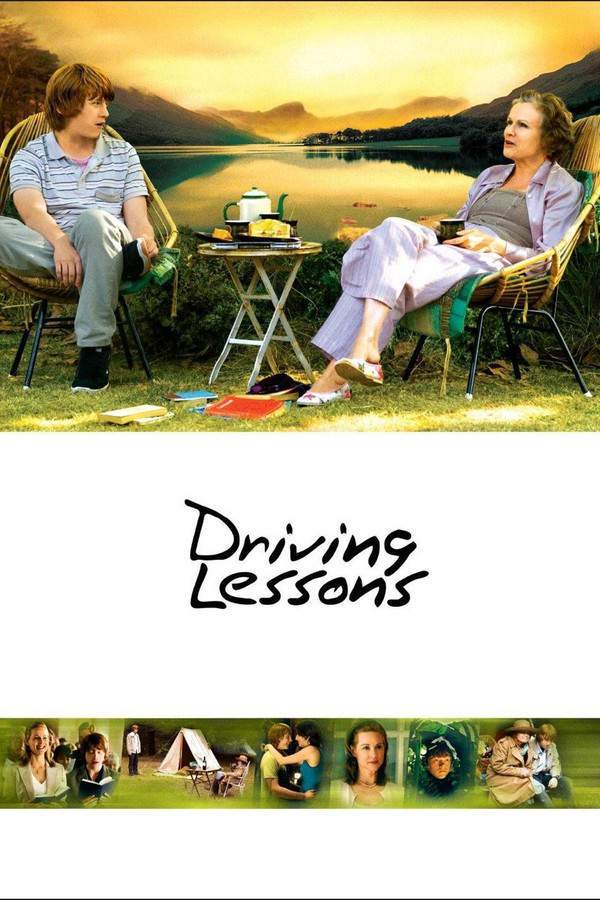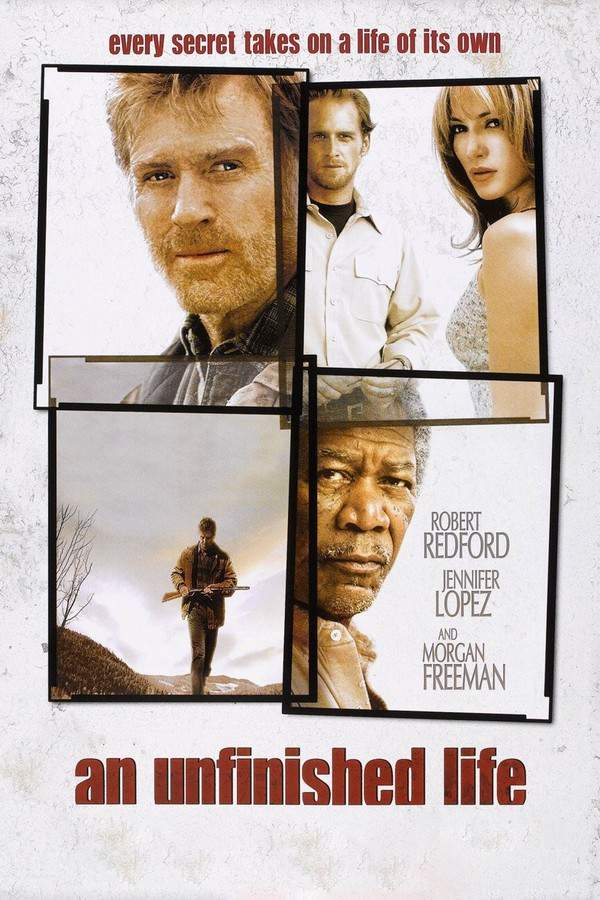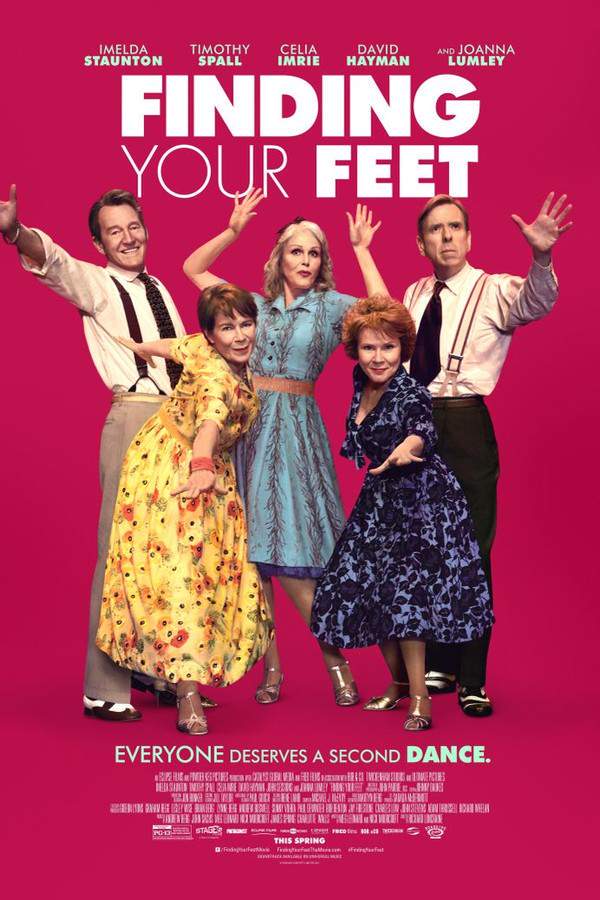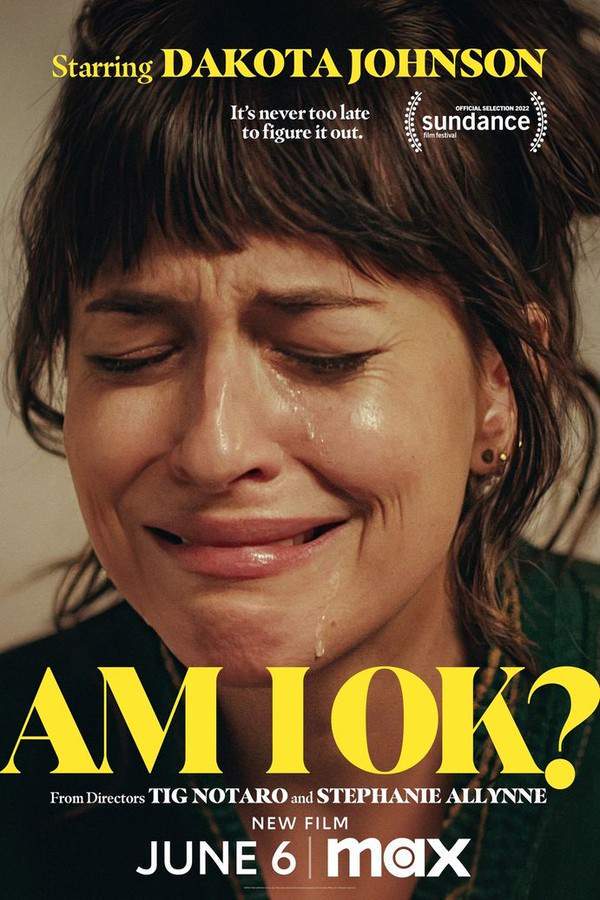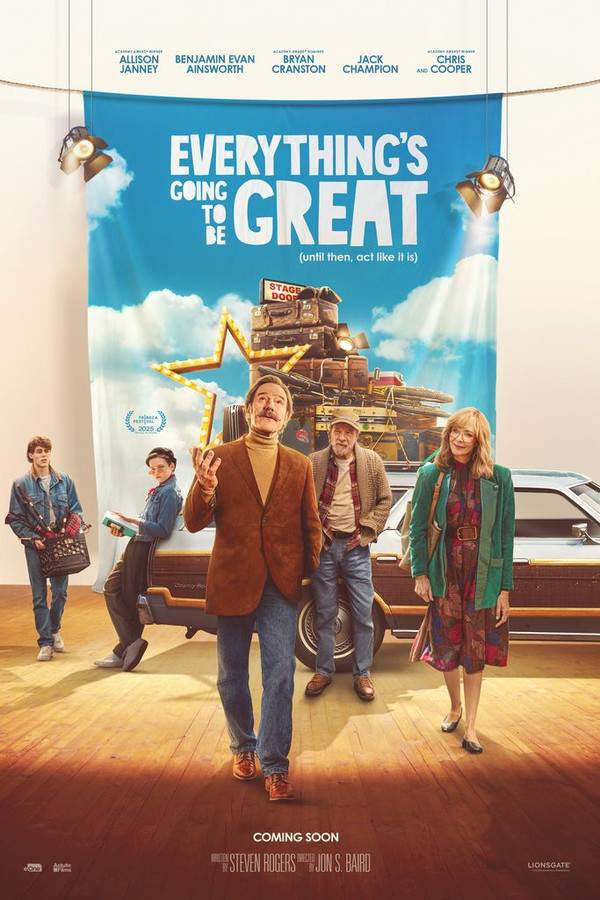
Tiger Theory
Year: 2016
Runtime: 107 mins
Language: Czech
Director: Radek Bajgar
Jan grapples with a life feeling increasingly out of his control, triggered by the voluntary death of his father-in-law and his wife Olga's similar resignation. Haunted by memories of a past filled with dreams and independence, he yearns to regain dignity and freedom. The film explores Jan’s desire to escape his current circumstances, interwoven with the stories of his married daughters, Olinka and Alenka, and their husbands, Erik and Pepík, revealing a complex family dynamic.
Warning: spoilers below!
Haven’t seen Tiger Theory yet? This summary contains major spoilers. Bookmark the page, watch the movie, and come back for the full breakdown. If you're ready, scroll on and relive the story!
Timeline & Setting – Tiger Theory (2016)
Explore the full timeline and setting of Tiger Theory (2016). Follow every major event in chronological order and see how the environment shapes the story, characters, and dramatic tension.
Last Updated: October 03, 2025 at 06:27
Main Characters – Tiger Theory (2016)
Meet the key characters of Tiger Theory (2016), with detailed profiles, motivations, and roles in the plot. Understand their emotional journeys and what they reveal about the film’s deeper themes.
Last Updated: October 03, 2025 at 06:27
Major Themes – Tiger Theory (2016)
Explore the central themes of Tiger Theory (2016), from psychological, social, and emotional dimensions to philosophical messages. Understand what the film is really saying beneath the surface.
Last Updated: October 03, 2025 at 06:27
Explore Movie Threads
Discover curated groups of movies connected by mood, themes, and story style. Browse collections built around emotion, atmosphere, and narrative focus to easily find films that match what you feel like watching right now.
Movies about quiet family tension like Tiger Theory
Stories where the real conflict is the slow suffocation of family life.If you liked the complex family dynamics and emotional control in Tiger Theory, explore these movies about quiet family tension. These similar dramas focus on psychological manipulation within domestic life, offering a slow-burn, introspective look at relationships.
Narrative Summary
Narratives in this thread typically unfold within the confines of a home or family unit, focusing on the psychological toll of long-standing control and manipulation. Characters often experience a gradual awakening, leading to a struggle for autonomy against a backdrop of resigned acceptance from others. The conflict is internal and relational, building slowly towards a moment of reckoning or escape.
Why These Movies?
These movies are grouped together because they share a specific mood of quiet, domestic unease and a thematic focus on control within intimate relationships. They prioritize character introspection over plot, using a slow pace to let tension simmer, and often balance heavy themes with a glimmer of hope or bittersweet resolution.
Movies about reclaiming personal freedom like Tiger Theory
Character-driven stories about breaking free from lifelong constraints.For viewers who enjoyed Jan's quest for dignity in Tiger Theory, these movies about reclaiming personal freedom feature similar journeys. These character-driven stories show individuals breaking free from oppressive life patterns, often with a bittersweet but ultimately hopeful conclusion.
Narrative Summary
The narrative pattern follows a protagonist who feels trapped by their life—be it a job, a relationship, or societal expectations—and decides to make a change. The journey is internal and emotional, involving reflection on the past and courage for the future. The ending is typically hopeful but tempered with loss, resulting in a bittersweet victory that feels earned and realistic.
Why These Movies?
These films are connected by a core character arc of liberation and self-discovery. They share a specific emotional mix: the sadness of what is lost combined with the hope of what is gained. The pacing is often deliberate, allowing the weight of the character's decision to resonate, and the intensity comes from personal crisis rather than external danger.
Unlock the Full Story of Tiger Theory
Don't stop at just watching — explore Tiger Theory in full detail. From the complete plot summary and scene-by-scene timeline to character breakdowns, thematic analysis, and a deep dive into the ending — every page helps you truly understand what Tiger Theory is all about. Plus, discover what's next after the movie.
Tiger Theory Summary
Read a complete plot summary of Tiger Theory, including all key story points, character arcs, and turning points. This in-depth recap is ideal for understanding the narrative structure or reviewing what happened in the movie.

Tiger Theory Timeline
Track the full timeline of Tiger Theory with every major event arranged chronologically. Perfect for decoding non-linear storytelling, flashbacks, or parallel narratives with a clear scene-by-scene breakdown.

Tiger Theory Spoiler-Free Summary
Get a quick, spoiler-free overview of Tiger Theory that covers the main plot points and key details without revealing any major twists or spoilers. Perfect for those who want to know what to expect before diving in.

More About Tiger Theory
Visit What's After the Movie to explore more about Tiger Theory: box office results, cast and crew info, production details, post-credit scenes, and external links — all in one place for movie fans and researchers.


